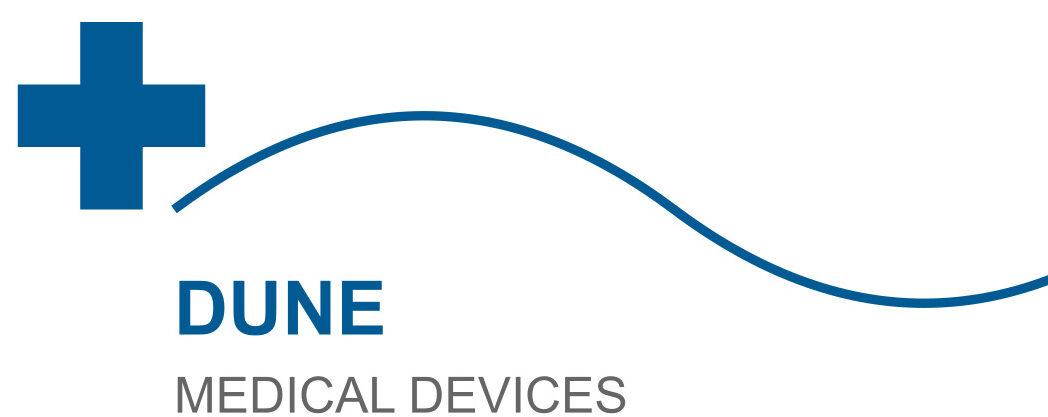“`html
Who Can Perform Lipo Cavitation? Qualifications & Safety
Lipo cavitation is a non-invasive body contouring treatment that has gained popularity for its ability to reduce fat and improve skin appearance. However, not everyone is qualified to perform this procedure. In this blog post, we’ll explore who can perform lipo cavitation, the qualifications required, and the safety standards you should look for. Whether you’re considering this treatment or simply curious, this guide will provide you with the essential information.
What is Lipo Cavitation?
Lipo cavitation, also known as ultrasonic cavitation, is a non-surgical fat reduction technique that uses low-frequency ultrasound waves to break down fat cells. The body then naturally eliminates these fat cells through the lymphatic system. This treatment is often used to target stubborn fat areas like the abdomen, thighs, and arms.
How Does Lipo Cavitation Work?
The process involves the use of a specialized device that emits ultrasonic waves. These waves create bubbles in the fat cells, causing them to break down. The liquefied fat is then metabolized and excreted by the body. The procedure is painless and requires no downtime, making it a popular choice for those looking to avoid surgery.
Benefits of Lipo Cavitation
- Non-invasive and painless
- No downtime required
- Targets stubborn fat areas
- Improves skin appearance
Who is Qualified to Perform Lipo Cavitation?
Not everyone is qualified to perform lipo cavitation. The procedure requires specialized training and knowledge to ensure safety and effectiveness. Here’s a breakdown of the professionals who are typically qualified to perform this treatment.
Licensed Medical Professionals
Licensed medical professionals such as dermatologists, plastic surgeons, and certified aestheticians are often qualified to perform lipo cavitation. These professionals have the necessary medical background and training to understand the intricacies of the procedure.
Certified Aestheticians
Certified aestheticians who have received specialized training in lipo cavitation are also qualified to perform the procedure. They are trained to operate the equipment safely and effectively, ensuring optimal results for their clients.
Cosmetic Surgeons
Cosmetic surgeons who offer non-invasive treatments may also be qualified to perform lipo cavitation. They have a deep understanding of body contouring techniques and can provide comprehensive care.
Safety Standards for Lipo Cavitation
Safety is paramount when it comes to any medical or cosmetic procedure. Here are the key safety standards to look for when choosing a professional to perform lipo cavitation.
Certification and Training
Ensure that the professional performing the procedure has the necessary certification and training. This includes specialized training in lipo cavitation and a thorough understanding of the equipment used.
Use of FDA-Approved Devices
The device used for lipo cavitation should be FDA-approved. This ensures that the equipment meets safety and efficacy standards. For high-quality, FDA-approved devices, visit Dune Medical Devices Inc..
Hygiene and Sanitation
The clinic or facility where the procedure is performed should adhere to strict hygiene and sanitation standards. This includes the use of sterilized equipment and a clean environment.
What to Expect During a Lipo Cavitation Session
Understanding what to expect during a lipo cavitation session can help alleviate any concerns and ensure a smooth experience.
Consultation
The first step is a consultation with the professional performing the procedure. During this consultation, they will assess your suitability for the treatment and discuss your goals and expectations.
The Procedure
The procedure itself is straightforward and typically takes about 30-60 minutes. The professional will apply a gel to the target area and use the lipo cavitation device to deliver ultrasonic waves.
Post-Treatment Care
After the procedure, you may be advised to drink plenty of water to help flush out the fat cells. You should also avoid strenuous activities for a short period.
FAQs About Lipo Cavitation
Here are some frequently asked questions about lipo cavitation to help you better understand the procedure.
1. Is lipo cavitation safe?
Yes, lipo cavitation is considered safe when performed by a qualified professional using FDA-approved devices.
2. How many sessions are needed?
The number of sessions required varies depending on the individual and the target area. Typically, 6-12 sessions are recommended for optimal results.
3. Are there any side effects?
Side effects are minimal and may include slight redness or swelling in the treated area. These usually subside within a few hours.
4. Can lipo cavitation replace traditional liposuction?
Lipo cavitation is not a replacement for traditional liposuction but can be an effective alternative for those looking for a non-invasive option.
5. Who is not a good candidate for lipo cavitation?
Individuals with certain medical conditions, such as liver or kidney disease, or those who are pregnant, are not good candidates for lipo cavitation.
Conclusion
Lipo cavitation is a safe and effective non-invasive fat reduction treatment when performed by qualified professionals. By understanding the qualifications and safety standards, you can make an informed decision about whether this procedure is right for you. For more insights and high-quality devices, visit Dune Medical Devices Inc..
Tables
| Professional | Qualifications |
|---|---|
| Licensed Medical Professionals | Medical degree, specialized training |
| Certified Aestheticians | Certification in aesthetics, specialized training |
| Cosmetic Surgeons | Medical degree, specialized training in cosmetic procedures |
| Safety Standard | Description |
|---|---|
| Certification and Training | Specialized training in lipo cavitation |
| Use of FDA-Approved Devices | Ensures safety and efficacy |
| Hygiene and Sanitation | Sterilized equipment, clean environment |
Visit https://dunemedicaldevicesinc.com/ for more insights.
“`
